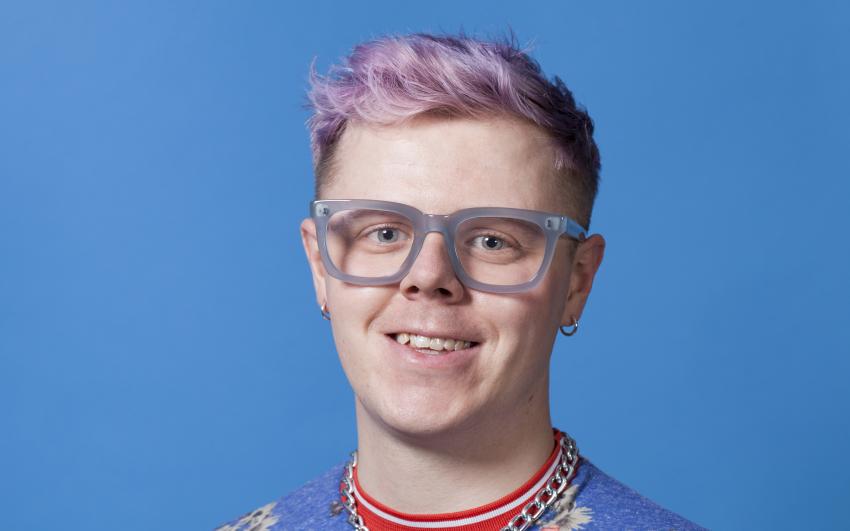What has Tony Blair got to do with theatre? In this blog post, Starting Blocks artist Tom Ryalls breaks down the significance of Tony Blair’s “Education, Education, Education” speech and debunking the myth of social mobility in the UK.
One of the defining moments of Tony Blair’s election campaign over 20 years ago was his “Education, Education, Education” speech, the philosophy behind it has come to dominate education policy for decades, but what has it got to do with theatre?
The “Education, Education, Education” speech promised us a fabled class-less existence. We were allowed to believe that this was a strategy that would level the class hierarchy, but in reality it was more about social mobility. Social mobility is often held up as an ideal in liberal circles, but is it really so utopic? The idea that hard work (for the rich) will allow you to move from the working-class to the middle-class sphere is just capitalism repackaged in more cheery terms. This idea of social mobility advocates for the class hierarchy to remain, it says that everyone should have equal access to the labour which allows you to navigate class, not that class hierarchy should end.
Maybe there was a point where people generally believed that hard work would allow you to own a house and participate in society, but for my generation we have seen how untrue this is. I grew up in one of the poorest areas of the country, I got myself a Masters degree, I am the living embodiment of social mobility but yet I have no chance of owning a house. No matter how many avocados I avoid eating, paying rent stops me saving to buy and I don’t have wealthy parents to pay for one. We know that this idea of a meritocracy is false, and this is especially apparent in theatre and the arts.
The dominance of middle-class and upper-class voices in the industry is not because they are inherently the most talented people in society. It’s because theatre has been controlled by the wealthy, and therefore its taste values have always been aligned with the middle-class. They are so entrenched that unless you assimilate to white middle-class taste values then, there is no access to stable work. It’s not surprising that wealthy individuals have considered other wealthy individuals, who largely share their taste values, to be the best artists and administrators.
Now we are seeing some diversification of the theatre workforce, the arguments that theatre is inherently good for you are breaking down. The diversification of the theatre workforce might actually spell the end of theatre, because its cultural status, its greatness has relied for hundreds of years on its gatekeeping. We are seeing that what we have often thought of as “great art” might have gotten that status, not because there’s some objective greatness, but because societal privilege has put it there. Look at the canon of British Theatre, it is dominated by wealthy white men, that is not an accident.
The idea of a real class-less existence, one where we don’t rely on hierarchy, represents a threat to theatre itself as an artform. That’s why people like Tony Blair tried to sell social mobility, because if we assimilate into the way theatre does things, then nothing has to change. If they didn’t dominate the industry, wealthy people would have to explain why their art is always the thing that gets programmed and I’m not sure they would succeed in convincing us.
It is not a fault of the system that 29% of the creative workforce is privately educated while only 7% of the UK population is, it’s a feature of it. It is how a ruling class ensure theatre doesn’t have to change too much. For my generation, its largely the legacy of that speech that introduced social mobility to our lives, and this is the myth “Education, Education, Karaoke” tried to dispel.
The entire team and all the guest performers are state educated. We don’t use the polite modes of storytelling that theatre is used to, it is fractured and has karaoke and encourages loud audiences and interaction. Ultimately one show in a system won’t change everything, but maybe we can contribute to the bigger conversation that’s happening right now.
I’d like to see organisations led by people who haven’t come through elitist, exclusive and expensive educational institutions but the sad fact is I often make shows on less money that what some people paid for 1 term of private school. Wealth is hard to overcome.
We don’t have a private education but we do have a karaoke machine and a dance mat and we’re very good at making do with what we’ve got.
